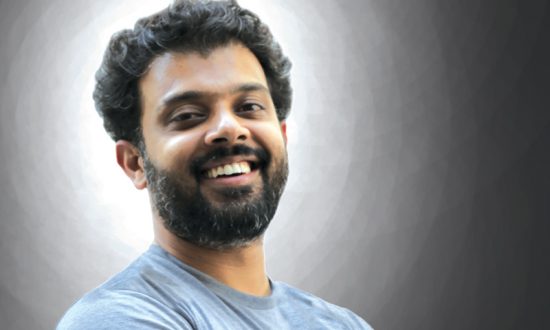Abhilash is a learning enthusiast and a serial entrepreneur with more than ten years of experience in running startups. He holds an MBA specializing in Entrepreneurship and Marketing from Indian School of Business (ISB), India. He is passionate about education and believes that good design can change the education landscape in the world. Abhilash is now trying to reimagine and reinvent education in India through Leo & Mike, a new-age learning company that creates interdisciplinary, project-based and problem-based learning programs for 4 to 14-year-old children. In an exclusive interaction with the Higher Education Digest, Abhilash talks about the latest trends in the education sector and many more.
- What are the top trends in the higher education sector to watch out in 2019?
There are few very innovative trends which are going to evolve in 2019 and the coming few years. Universities will continue to struggle to equip students for job-readiness. Industry will continue to complain about the lack of quality among the graduating cohorts. Finishing schools will become more and more popular among young college students and recent graduates. Universities will start to embrace such programs to put together a quality cohort that is employable.
Top-tier schools such as the IITs, IIMs and ISBs of the world will continue to attract top talent purely for the reasons of signaling and scarcity. However, the relevance of second tier and third tier institutions as signaling tools will come into question more and more. Students instead will take courses from the best of professors from the world through MOOCs and other online programs. Better systems of accreditation will make such programs recognized by employers and sought after by potential employees.
- What is the role of technologies like AI and Augmented Reality in the education system now?
Technologies such as AI and ML will replace repetitive tasks such as setting question papers or lesson plans. It will go a few steps further and help with deeply personalizing learning by sifting thought and working through tons of data about the individual learners and the world in general. In addition, technologies such as AR and VR will make learning deeper and personal.
Traditionally, cadaver dissection is an important tool in medical studies to study structural details of human body. However, this is limited to the number of cadaver’s that are available for study which is limited in supply.
Now imagine, a medical student who will be able to perform the same dissection or surgery over and over on a virtual body while wearing a haptic suit that will simulate every sense of student’s body including the feeling of holding a scalpel and the slight pressure that she feels when the scalpel is cutting through the outer skin. Now imagine, she can do this over and over again and every time the results will be slightly different just like in a real dissection or surgery. Now imagine this level of sophistication in learning in every field and not just limited to medicine. The possibilities are endless. That is the power of AR and VR.
- What according to you is at the core of industry 4.0? What should academicians need to know before preparing students to embark on this journey?
There are some truisms that we need to consider. The rate and quantum at which technology will define the future is going to be exponential. It is going to be an effort in vain to teach learners predetermined skills such as accounting or engineering.
- What are the key skills that every student must have to get a job of their choice?
Creativity: The ability to connect seemingly disparate dots.
Critical communication skills: The ability to understand underlying assumptions and communicate effectively with groups and individuals to get work done. This includes listening, speaking and writing.
- How to keep learners motivated and engaged in this digital era?
In order to make the learners motivated and engaged they have to be kept in a small cognitive space that lies between excitement of achievement and discovery and the happy frustration that ones on the pursuit of a challenge. Two aspects will help with this:
Deep personalization: When the whole of worlds information and knowledge is available in one’s Rs.5000 smartphone, what will truly help a learner is what I call ‘intelligent curation’. This is where technologies such as AI will help immensely.
Gamification: There is a reason why the online gaming industry is worth more than all of the world’s movie and music industry put together. It is simply that the content is addictive. Different aspects of learning can be gamified to sustain the learner’s motivation and optimize engagement.
- What is your advice to the learners?
The digital natives, the millennials, of the today will not be digital natives in ten years from now. The digital platforms and technologies that they are born into now will be soon replaced by technologies and platforms that use AI, AR, VR and so forth. So, it is very important for learners to be lifelong learners and to condition themselves to be so malleable that they are able to unlearn and relearn as new things emerge. The most important thing for learners will not be to learn but paradoxically they will need to learn the most important meta skill of ‘Learn how to Learn.’




